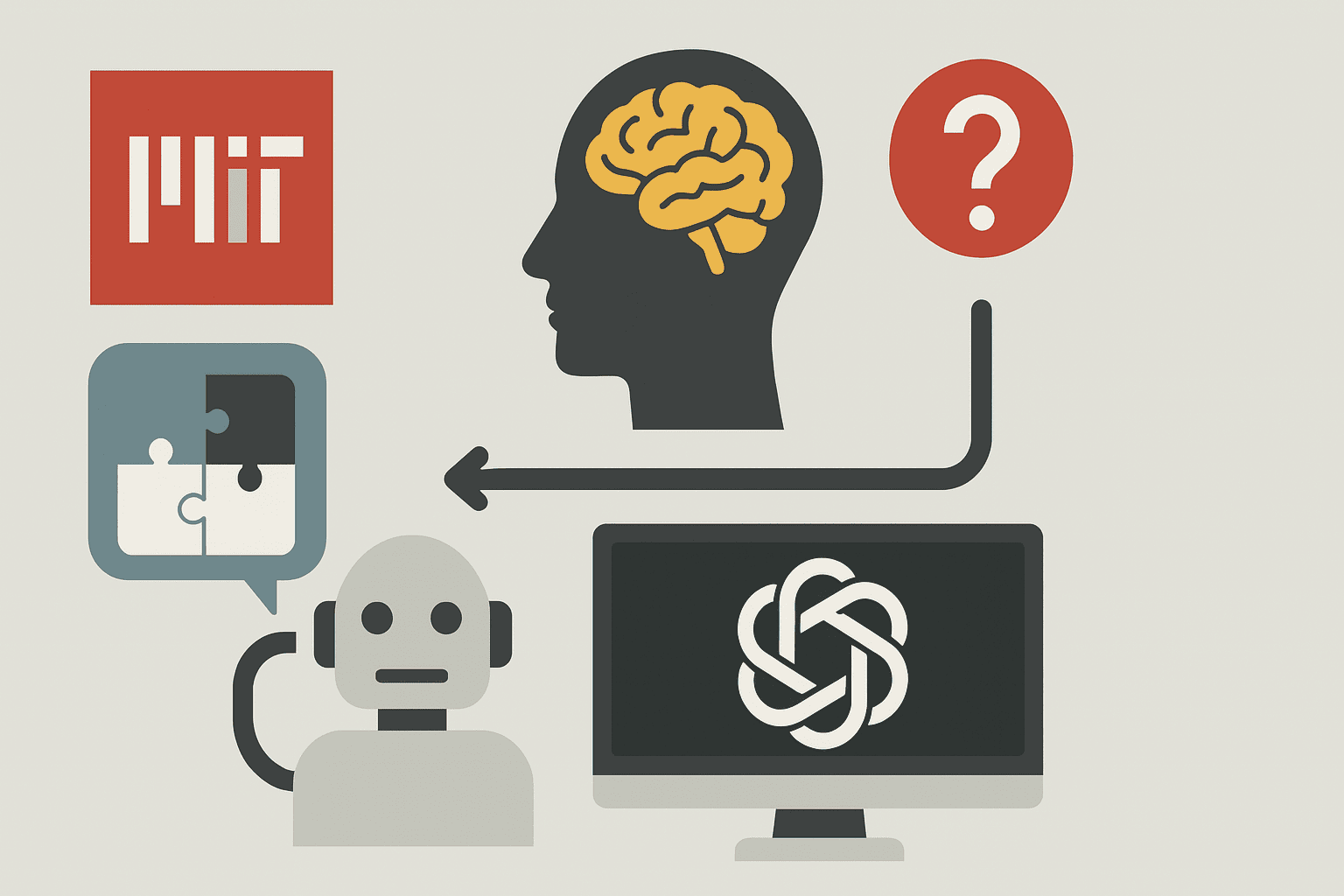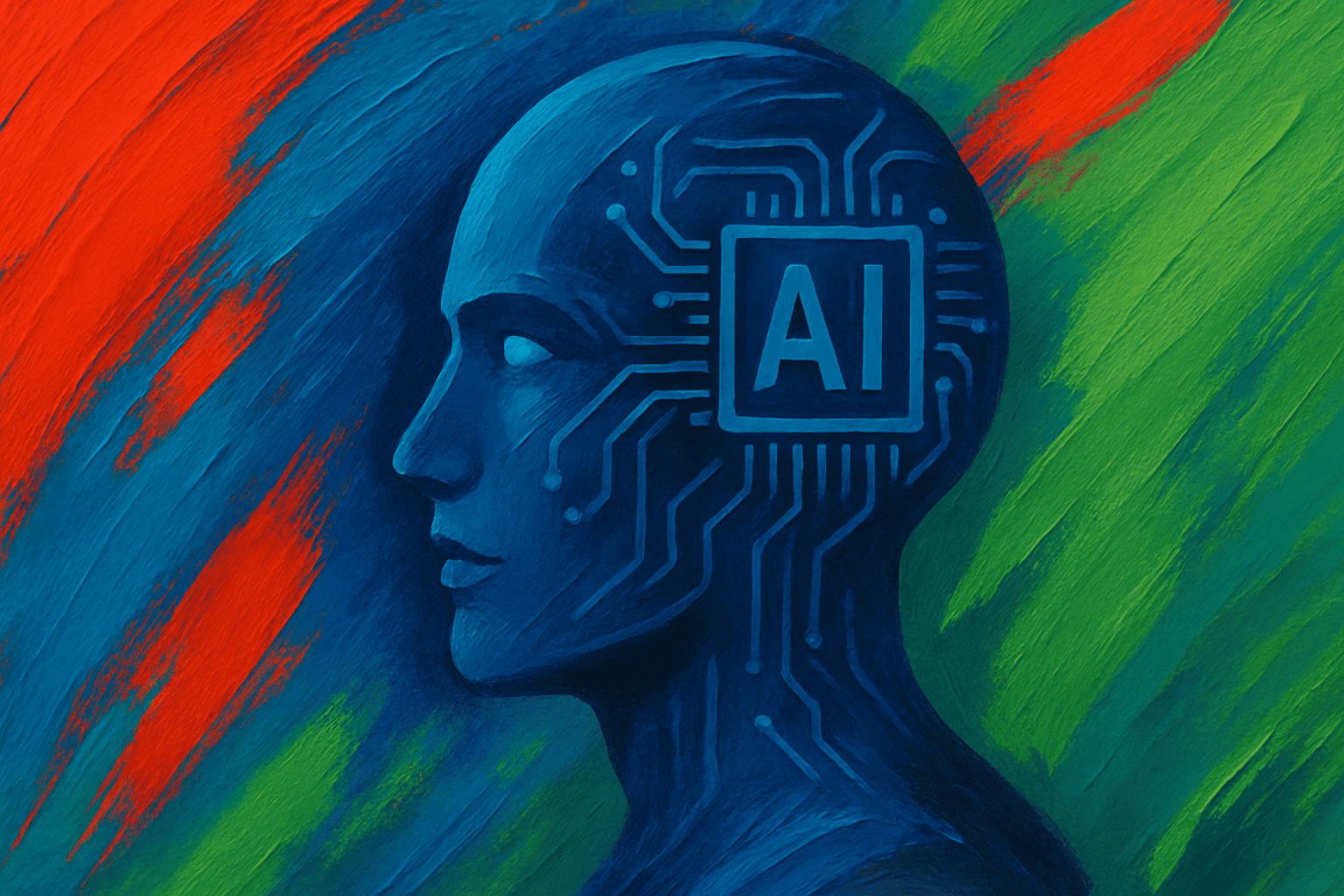Andrew McAfee, Technology & Society Visiting Fellow at Google, has released a new report examining the potential economic impacts of generative AI. This study, incorporating insights from Google’s experts, explores how this emerging technology might enhance productivity, influence labor markets, and reshape the skills required in an AI-driven economy.
Generative AI is considered a “general-purpose technology,” akin to the steam engine and electrification, known for its potential to significantly boost overall economic growth. The report suggests that up to 80% of jobs in the US could see a doubling in speed for at least 10% of their tasks, without sacrificing quality, thanks to generative AI.
Unlike previous technologies, generative AI is expected to have a rapid impact due to easy online dissemination and user-friendly natural language interfaces. The immediate benefits are substantial productivity gains, which are likely to expand as new uses for AI are discovered, propelling economic acceleration.
Moreover, while generative AI will change the demand for certain skills, it is also poised to create entirely new job categories, continuing a historical trend where significant employment growth stems from new occupations. This shift underscores the necessity for effective reskilling programs, which can leverage generative AI to support training and enhance performance, particularly for entry-level positions, potentially addressing wage disparities.
Overall, the report underscores the transformative potential of generative AI, projecting significant changes in the landscape of global industries and labor markets.






